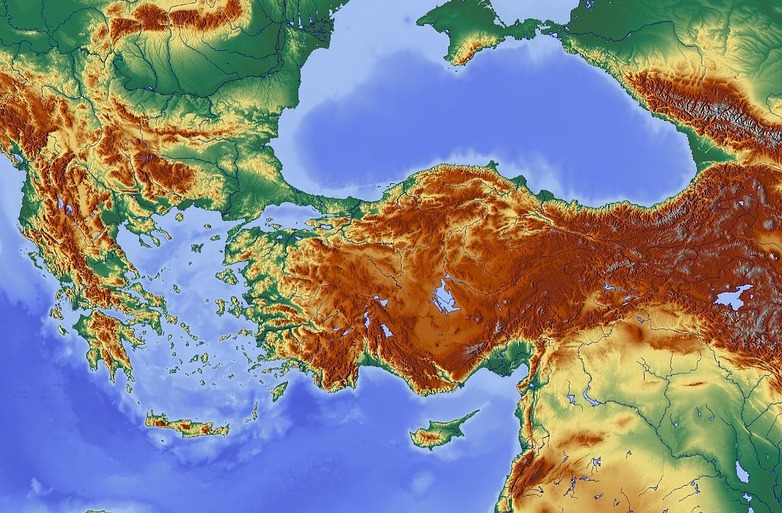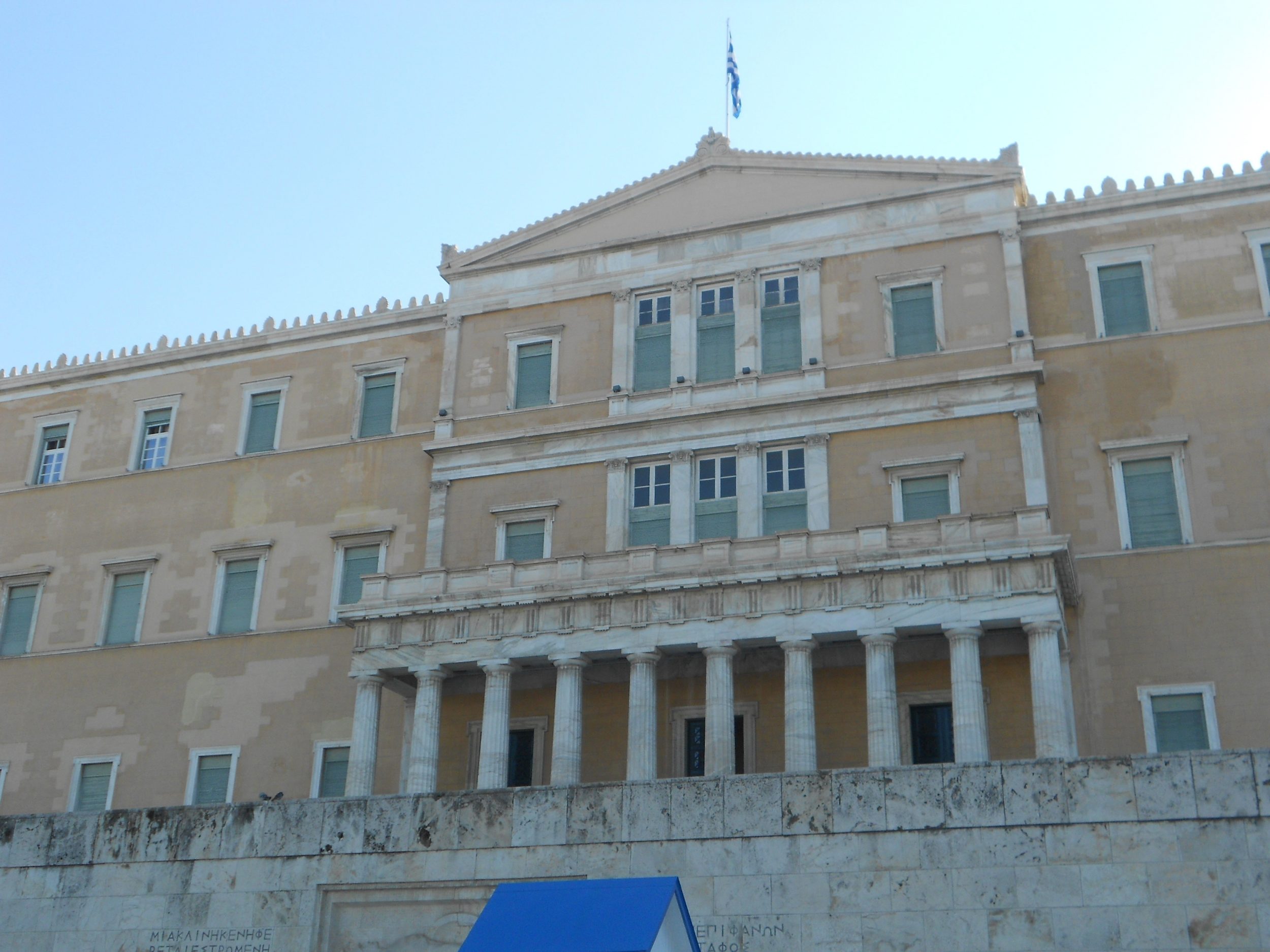Last December, Turkish and Greek football fans were taken aback by an unexpected transfer. Fatih Terim, the 70-year-old manager, struck a deal with the Greek football team Panathinaikos. While Terim’s move to Panathinaikos seems like a typical football story at first glance, it intersects with the evolving dynamics of the relations between Turkey and Greece. His transfer to the Greek club represents a new phase in the rapprochement between the two neighbouring rival nations, highlighting sports as a catalyst for fostering friendly relations. Before delving into the role of sports in the emerging Turkish-Greek détente, let us take a brief look at the period of the easing of tensions between Turkey and Greece.
After years marked by high-level geopolitical tensions, Greek-Turkish relations entered a new era of rapprochement in early 2023. It was a series of large earthquakes in southern Turkey that served as a catalyst for renewed dialogue between Ankara and Athens, as was the case in the İzmit earthquake of 1999. Greece was among the first nations to dispatch rescue teams and provide humanitarian aid following the devastating earthquakes that killed over 55000 people. This move symbolised a willingness to set aside geopolitical problems and prioritise solidarity. The development of ‘earthquake diplomacy’ not only fostered an outpouring of sympathy but also laid the groundwork for diplomatic talks aimed at mitigating tensions in Greek-Turkish relations.
Positive momentum resulted in a historic summit held in Athens. On 7 December 2023, President Erdogan visited the Greek capital for the first time in six years. At the summit in Athens, the two countries reached an agreement to prioritise fostering neighbourly relations, maintaining open lines of communication, exploring measures to ease tensions, boosting bilateral trade, and addressing longstanding problems.
Yet, the recent détente in Greek-Turkish relations has not solely relied on ‘earthquake diplomacy’ and ‘traditional diplomacy’ but has also leveraged ‘sports diplomacy’. Sports diplomacy, a form of public diplomacy, harnesses “the unique power of sport to bring people, nations, and communities closer together via a shared love of physical pursuits.” It may take various forms, including hosting or participating in international sporting events, implementing joint sporting initiatives, and utilising sportspersons as cultural ambassadors to convey positive messages. In the context of the Turkish-Greek rapprochement, this latter form of sports diplomacy is being actively pursued. Notably, two highly influential Turkish sports figures, Ergin Ataman and Fatih Terim, assumed coaching roles in the basketball and football branches of the Greek giant Panathinaikos, respectively.
Firstly, in June 2023, Ergin Ataman signed a two-year contract with Panathinaikos, becoming the first Turkish coach to take charge of a Greek basketball team. Ataman, who won the EuroLeague title twice in a row, is arguably one of the most successful coaches in Turkish basketball history. Admittedly, there is nothing surprising in a basketball coach with such a career taking charge of Panathinaikos, one of the most elite basketball teams. Nevertheless, there are some implications suggesting that this transfer extends beyond the confines of sports.
The timing of this transfer, closely following the re-establishment of high-level contacts between Turkish and Greek authorities, is noteworthy. Adding to this, President Erdogan met with Ergin Ataman at the Turkish Embassy during his official visit to Athens in December 2023. Following this encounter, Ataman publicly shared that their discussions revolved around Turkish-Greek friendship and the sports culture in Greece.
Shortly after President Erdogan’s visit to Athens, Turkish football coach Fatih Terim made headlines by signing a contract with Panathinaikos. In Turkish football, few figures are as influential as Terim. He earned the nickname “Emperor” for his unprecedented success with Galatasaray and the Turkish national team. In terms of sports diplomacy, what makes Terim so ‘special’ is not just his remarkable achievements; he is well-known for close ties with political elites. Dating back to the mid-1990s, Terim’s friendships with senior politicians have been a subject of discussion in Turkish media. President Erdogan himself telephoned the Turkish coach before his arrival in Athens to wish him good luck. This underscores the significance of the transfer beyond the realm of football, symbolising the deeper implications at play.
Upon his arrival in Athens, Fatih Terim made notable statements regarding his new position. Addressing reporters regarding his meeting with Panathinaikos president Giannis Alafouzos, Terim stated:
I am on the other side of the water. I have served in one of these two countries, which are very close to each other, two countries with so many years of historical friendship, and now I am serving in the other.
Sports diplomacy is actually not new to the ‘Emperor’. In the early 2000s, he played a crucial role in fostering connections between Turkey and Italy. Amidst strained Turkish-Italian relations, exacerbated by Italy’s refusal to extradite PKK leader Abdullah Ocalan Terim assumed managerial positions at Fiorentina and later A.C. Milan. During this period, a news report in Turkey’s best-selling newspaper Hürriyet, dated 31 August 2001, highlighted the significant impact of Terim’s move to Italy on Turkish-Italian relations, stating:
Turkish-Italian relations, which were strained due to the then Prime Minister D’Alema during the Apo crisis, are experiencing their golden year thanks to the new Prime Minister Berlusconi and Fatih Terim’s embassy. The number of Italians coming to Turkey increased by 84 per cent in the first seven months… Turkey, which until two years ago stopped eating pasta to protest Italy and expressed its anger by burning Italian cars and shoes in the squares, has now become one of Italy’s biggest tourism partners.
At present, history seems to be repeating itself: Fatih Terim is garnering appreciation from Greek fans, while Turkish football enthusiasts are closely following Panathinaikos matches and establishing fan pages on social media platforms. Yet, it remains uncertain whether he can serve a similar ‘bridge’ function in Greece. Undoubtedly, in football, a results-driven sport, the outcome of sports diplomacy is closely linked to on-field performance. Therefore, as long as Panathinaikos maintains momentum in the Super League Greece and Kypello Elladas, Terim may indeed play a role in strengthening relations between the two neighbouring nations.
Overall, Greek-Turkish relations have evolved from a period characterised by mutual accusations and threats to one where sports diplomacy has been given space to flourish. While recent advancements offer glimpses of optimism, it is crucial to recognise the cyclical nature of relations between Athens and Ankara, marked by periods of improvement and deterioration. Addressing the underlying causes of tension will likely prove challenging despite mutual gestures of goodwill. Therefore, it would be premature to expect recent comprehensive efforts to yield a decisive solution to chronic issues between the two countries. Nevertheless, both nations have demonstrated a willingness to continue the period of rapprochement. Hence, the recent Turkish-Greek détente appears promising for at least the foreseeable future.
Note: This article gives the views of the author, not the position of Greece@LSE, the Hellenic Observatory or the London School of Economics.






